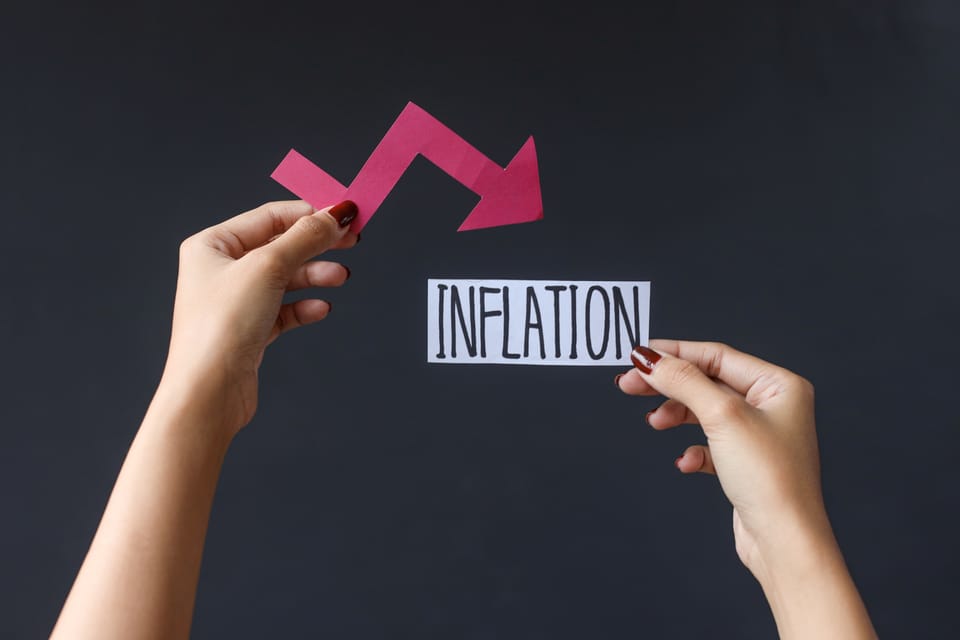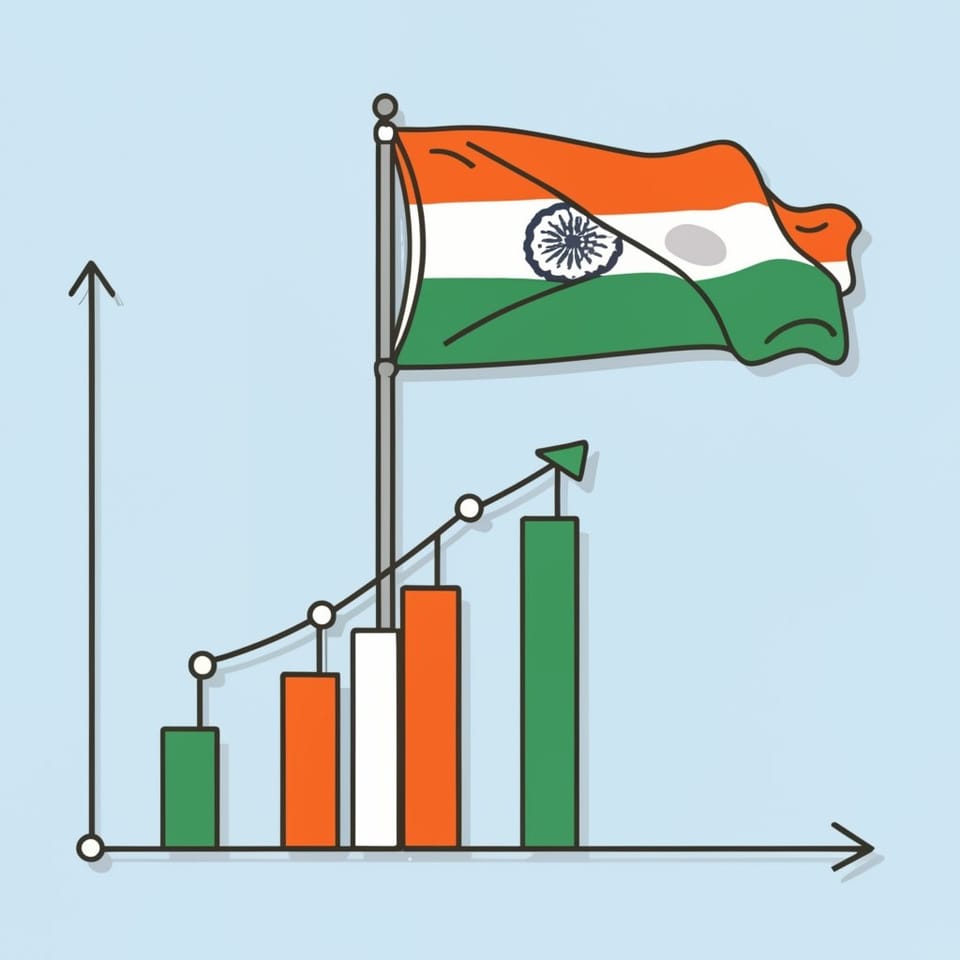Inflation is a term often thrown around in economic discussions, but what does it really mean and how does it affect the economy, especially in a country as diverse and vibrant as India? In this blog, we will delve into the concept of inflation, unravel its complexities, and explore its profound impact on the Indian economy, all explained in simple, easy-to-understand language.
What is Inflation?
At its core, inflation refers to the general increase in the price level of goods and services in an economy over a period of time. When the overall price of goods rises, each unit of currency buys fewer goods and services, eroding the purchasing power of money. In simple terms, your money doesn’t stretch as far, making everything from groceries to gadgets more expensive.
Types of Inflation:
1. Demand-Pull Inflation: This occurs when the demand for goods and services exceeds supply, leading to higher prices. It’s often fueled by increased consumer spending, government expenditure, or investments.
2. Cost-Push Inflation: When the cost to produce goods and services increases, businesses often pass those costs onto consumers in the form of higher prices. Factors like rising wages and production costs contribute to cost-push inflation.
3. Built-In Inflation: This type of inflation is a result of past inflationary trends. When businesses and employees expect prices to rise continually, they demand higher wages and set higher prices, creating a self-perpetuating cycle.
Impact of Inflation on the Indian Economy:
1. Purchasing Power: Inflation erodes the purchasing power of consumers. As prices rise, the same amount of money can buy fewer goods and services, leading to a decrease in the standard of living, especially for fixed-income groups.
2. Interest Rates: Central banks, like the Reserve Bank of India (RBI), adjust interest rates to control inflation. Higher inflation often leads to higher interest rates, making borrowing costlier. This can affect investments and consumer spending.
3. Investment and Savings: Inflation can influence investment decisions. People tend to invest in assets that outpace inflation to preserve their wealth. On the flip side, it discourages traditional savings methods as the real value of money diminishes over time.
4. Foreign Exchange Rates: Inflation impacts a country's exchange rates. If a country has lower inflation rates than its trading partners, its currency becomes more valuable in the global market. Conversely, high inflation can devalue the currency.
5. Economic Growth: Moderate inflation is considered healthy for economic growth. It encourages spending and investment. However, hyperinflation or deflation can destabilize the economy, leading to economic recession or stagnation.
Inflation and the Indian Context:
India, with its vast population and diverse economy, faces unique challenges concerning inflation. Factors like agricultural output, global oil prices, and government policies play pivotal roles. The RBI employs various monetary tools to manage inflation, striving for stability and growth.
Government Initiatives and Fiscal Policies:
Governments implement fiscal policies to curb inflation. Initiatives like the Goods and Services Tax (GST) aim to streamline the tax structure, positively impacting prices. Additionally, investments in infrastructure and agriculture can enhance supply chains, helping control inflationary pressures.
Conclusion: Navigating the Inflationary Seas
Inflation is a double-edged sword, impacting both consumers and the economy at large. Understanding its types and consequences equips us to make informed financial decisions. In the Indian context, where economic dynamics are multifaceted, policies aimed at stable inflation are vital. As consumers, being aware of inflation’s effects empowers us to budget wisely and invest smartly, contributing to our nation's economic resilience. By staying informed and engaging in prudent financial practices, we can collectively mitigate the challenges posed by inflation and pave the way for a more economically secure future.





